Friends to enjoy superior position in Iran’s market after sanctions removal, says senior Iranian MP
The Islamic Republic of Iran will not forget its friends when the sanctions are removed, says a senior Iranian lawmaker as latest developments suggest Tehran does not shy away from depriving of economic opportunities those who have succumbed to pressure from third parties.
“The countries that stand by us in the current situation will have a superior position in the Iranian market in the post-sanctions era,” Chairman of the Iranian Parliament’s National Security and Foreign Policy Committee Vahid Jalalzadeh said.
Jalalzadeh made the remarks during a meeting with Italy's Ambassador to Tehran Giuseppe Perrone, IRNA reported.
Pointing to bilateral economic relations, the senior lawmaker said the level of such relations is not commensurate with the available capacities.
He said Italy was Iran’s number one economic partner in Europe before the US reinstated its sanctions on the Islamic Republic in 2018 after quitting the multilateral Iran nuclear agreement that had lifted the bans.
The United States, under former president Donald Trump, withdrew from the historic nuclear deal, officially referred to as the Joint Comprehensive Action (JCPOA), and targeted Iran’s economy with what it called a “maximum pressure” campaign that included draconian sanctions on Tehran and those who cooperated with it.
The sanctions have had an adverse impact on the Islamic Republic’s relations with several countries, in particular Italy and South Korea, with which Iran enjoyed close ties before the Trump-era sanctions hit the country.
While the two sides are interested to develop their ties, Jalalzadeh said, the level of economic relations between Tehran and Rome remains “very limited.”
“Therefore, we hope to see the strengthening of bilateral trade and economic cooperation in the coming period,” he said.
Highlighting the importance of boosting cooperation between the two sides in the era of sanctions, Jalalzadeh said, “The Islamic Republic of Iran will not forget its friends in the post-sanctions era.”
For his part, Perrone lamented the decrease in trade and economic interactions between Iran and Italy, and said his country hopes Italian companies would be able to return to Iran soon so that bilateral interactions can reach their previous level quickly.
Prioritizing bilateral relations, given the long history of cooperation & friendship btw #Italy & #Iran is the key message of my meeting today w/ Vahid #Jalalzadeh, Chairman of @Majlis_ir National Security&Foreign Policy Committee
— Giuseppe Perrone (@Assafir_Perrone) September 29, 2021
Thank you for warmly receiving me @ 🇮🇷 Parliament pic.twitter.com/SJT6daPs3n
The removal of sanctions on Iran after the JCPOA was struck brought about an unprecedented surge in Italian companies’ presence in Iran. Chairman of the Iran-Italy Joint Chamber of Commerce Ahmad Pourfallah said on Tuesday that Italian companies are expected to return to Iran’s market immediately after the removal of sanctions.
Iran and the remaining parties to the JCPOA have been holding talks in Austria’s capital, Vienna, to bring the US back into the deal and remove its anti-Iran sanctions. Although the talks have been paused since Iran’s presidential election, many countries and their international businesses expect the talks to bear fruit and remove the anti-Iran bans.
Tehran punishes those amenable to US pressure
Meanwhile, Ebrahim Azizi, the deputy chairman of the National Security and Foreign Policy Committee, criticized Seoul’s submissive behavior in the face of the US' secondary sanctions targeting Iran’s partners.
In remarks on Saturday, Azizi also urged Seoul to immediately release Iran’s frozen assets and abandon its “passive” and “US-dependent” policy, and instead, strive to secure the interests of its people.
Relations between Tehran and Seoul turned sour as the latter succumbed to US pressures and froze billions of Iran’s assets in South Korean banks.
Iranian officials have repeatedly criticized Seoul over the issue and demanded the release of the country’s frozen funds.
On Thursday, Foreign Minister Hossein Amir-Abdollahian told his South Korean counterpart Chung Eui-yong that the Iranian people are seriously displeased with the situation, urging Seoul to provide the Islamic Republic with “quick access” to the funds.
Earlier, Iranian President Ebrahim Raeisi had ordered ministries of trade and finance to introduce an outright ban on home appliances imports into the country.
It came after Leader of the Islamic Revolution Ayatollah Seyyed Ali Khamenei warned that such shipments could paralyze local manufacturers.
Although the Leader and the president did not link Seoul’s freezing of Iran’s funds to the ban on imports of South Korean home appliances, the decision has been praised by many officials and lawmakers in Iran as a punishment against the East Asian county.
In his Saturday remarks, Azizi said Iran has the upper hand when it comes to taking punitive measures for such submissive acts, including banning imports of South Korean products.
“These days, a huge amount of our country’s economic transactions are with South Korea. Therefore, one deterrent action in this direction is banning the products of that country, because it will punish Seoul,” Azizi said, according to ICANA.
The developments also came as China, one of Iran’s key partners, dismissed a US request to cut oil imports from the Islamic Republic, saying Beijing-Tehran economic and trade cooperation has always been conducted between the framework of international law.
VIDEO | Former prince Andrew arrested by British police
VIDEO | Backlash mounts as Pakistan joins US-led Gaza ‘Board of Peace’
Saudi-Greece fiber optic project to pass through Syria instead of occupied territories: Report
Israel steps up bloodshed in Lebanon
US lawmakers move towards vote on limiting Trump’s Iran strike authority
VIDEO | Hebrew media talk ‘Board of Peace,’ ceasefire, anti-Iran rhetoric, tensions surrounding Lebanon
VIDEO | Rising tensions in West Asia
US: Police criticizes ‘excessive and disproportionate' force used by ICE on protesters


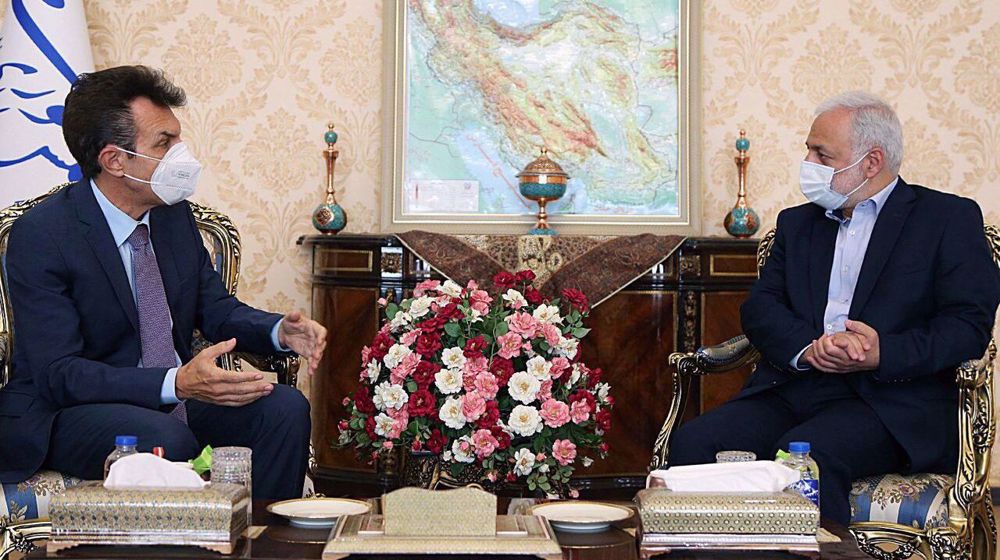
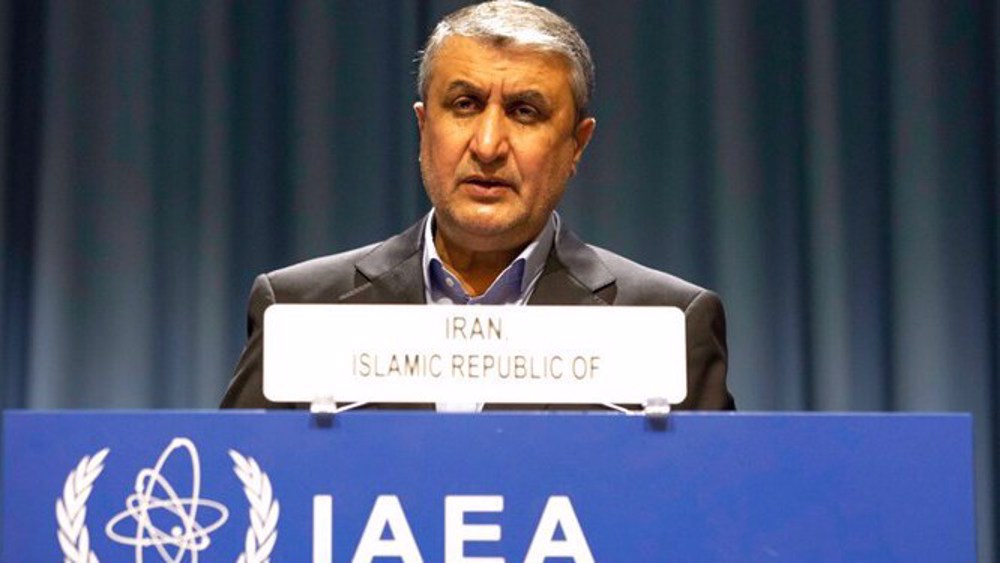
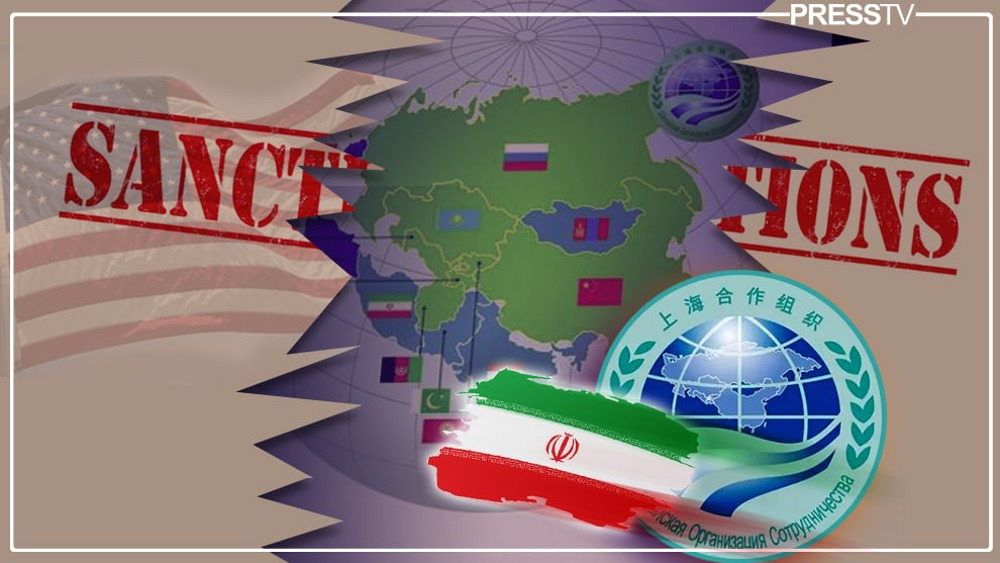
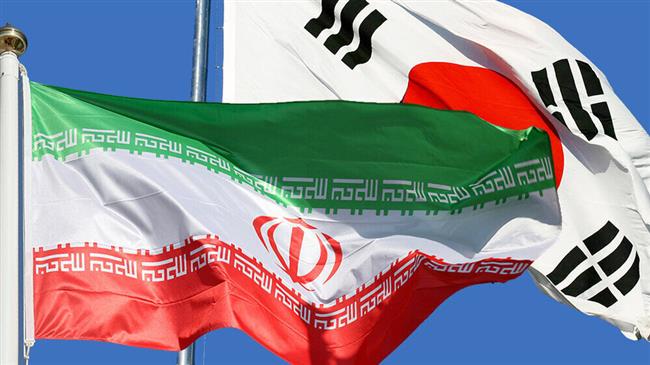
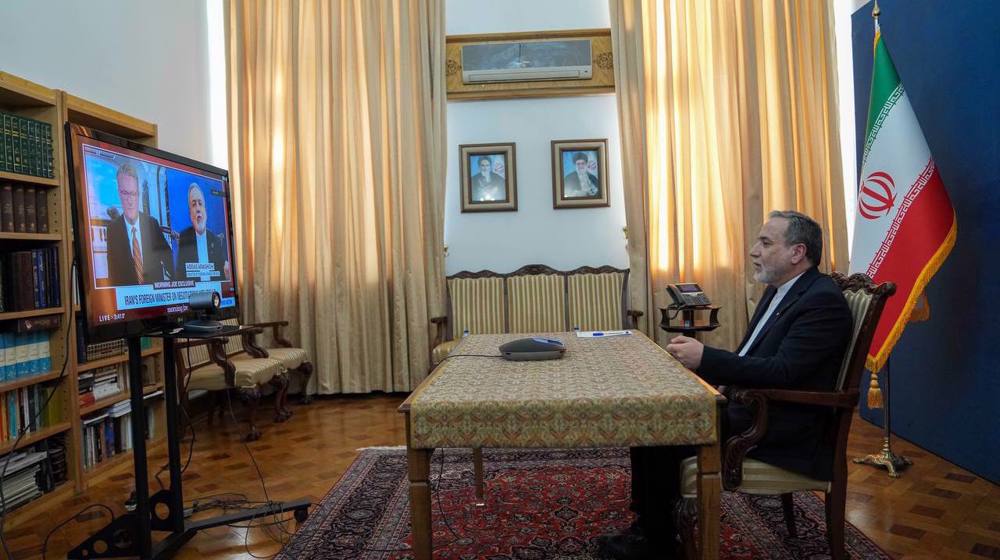
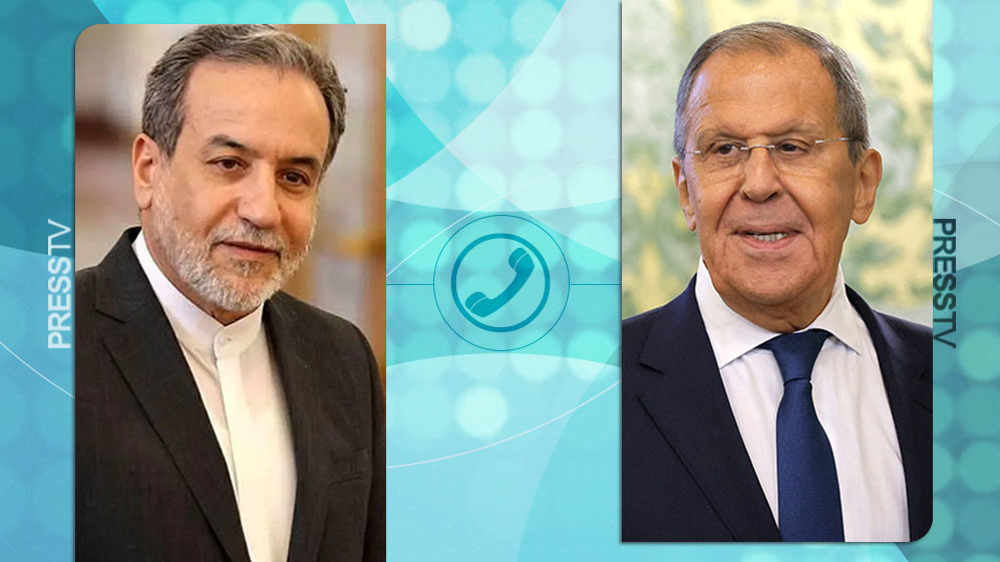
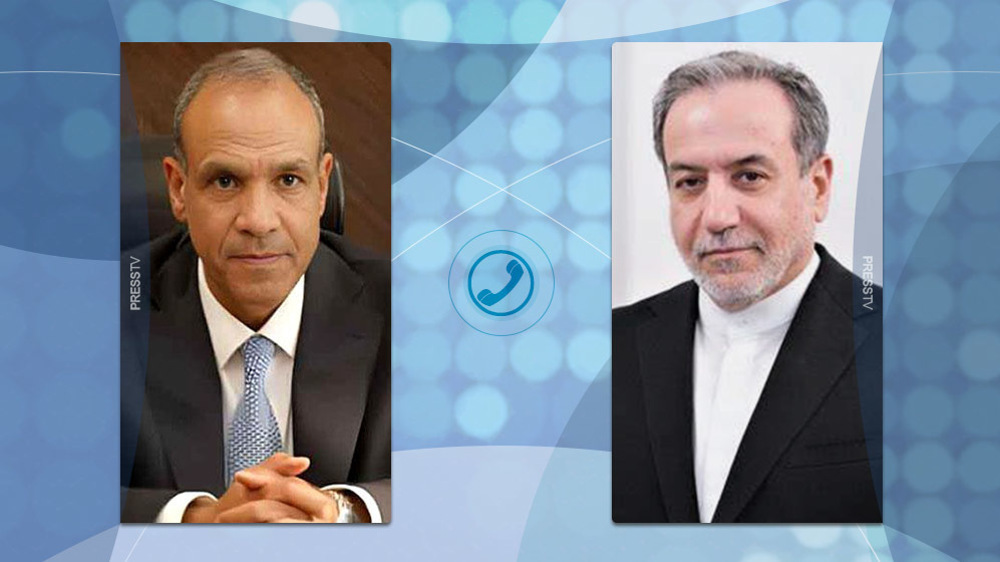



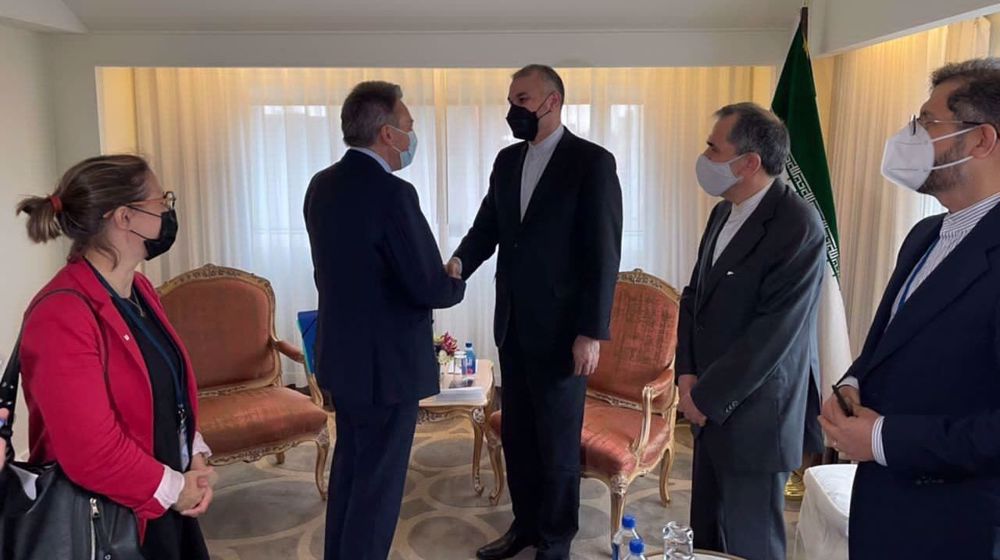
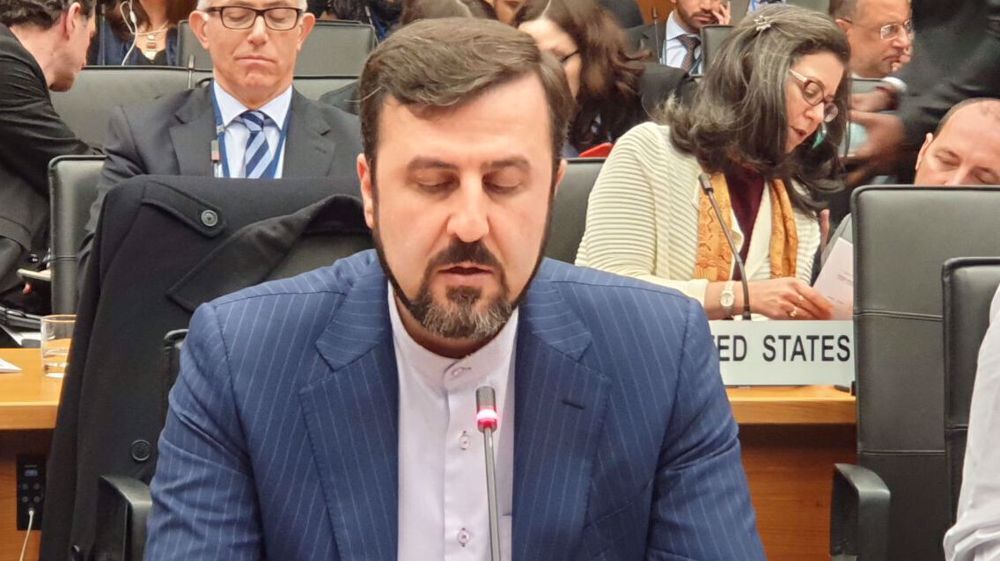
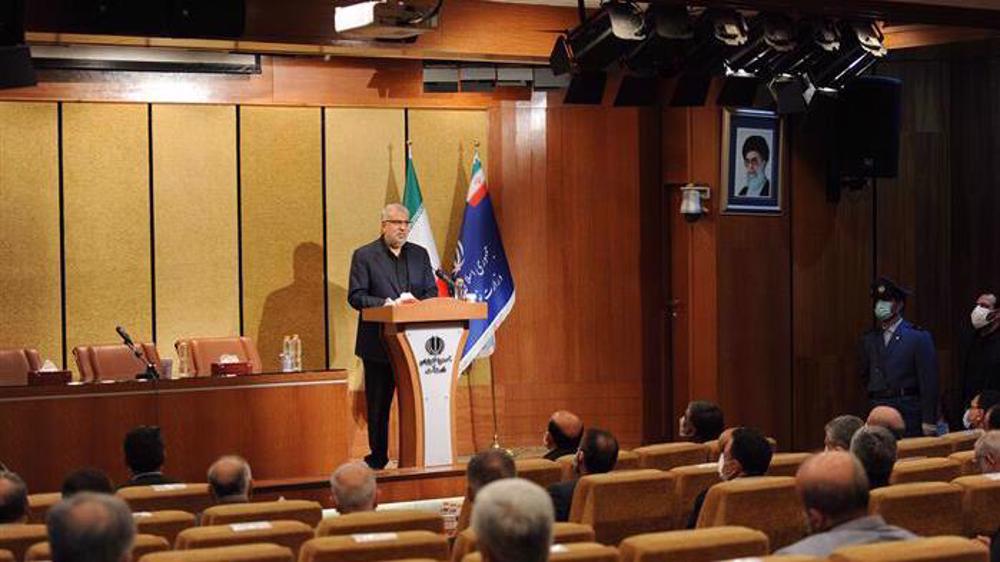

 This makes it easy to access the Press TV website
This makes it easy to access the Press TV website